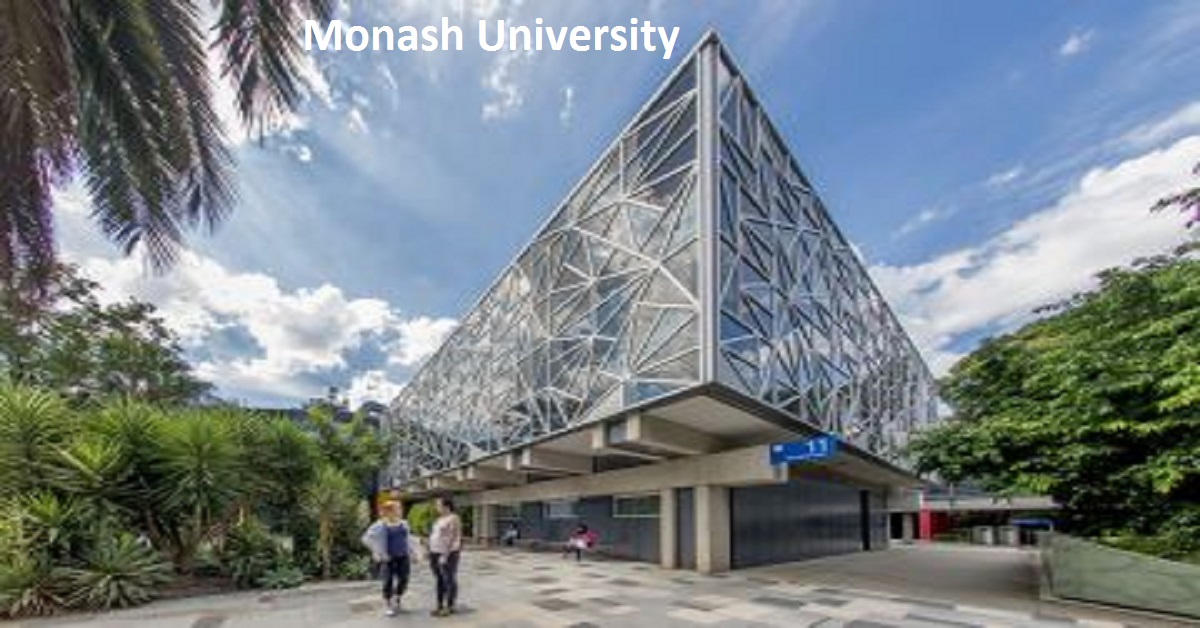Job No.: 626663
Employment Type: Full-time
Duration: 3-year fixed-term appointment
Location: Clayton campus
Remuneration: The successful applicant will receive a tax-free stipend, at the current value of $29,500 per annum 2021 full-time rate, as per the Monash Research Training Program (RTP) Stipend www.monash.edu/study/fees-scholarships/scholarships/find-a-scholarship/research-training-program-scholarship#scholarship-details.
- Be inspired, every day
- Drive your own learning at one of the world’s top 80 universities
- Take your career in exciting, rewarding directions
A fully-funded PhD scholarship is available under the direct supervision of Dr Wael Awad within Professor Jamie Rossjohn’s laboratory to explore MR1 antigen presentation of small molecule metabolites. The project aims to understand the molecular underpinnings of vitamin B-based antigen presentation and their recognition by T cells. It’s well established that during microbial infection of mammalian cells, MHC-1 class I related molecule “MR1” binds to and presents vitamin B precursors, derived only from the microbial biosynthesis of riboflavin, on the cell surface. These MR1-antigen complexes are recognised by subsets of MR1-restricted T cells, with the majority being Mucosal-Associated Invariant T (MAIT) cells. MAIT cells have recently been shown to play key roles in antimicrobial immunity, autoimmunity, cancer, and tissue repair. Yet, there is fundamental gap in our knowledge on how these MR1-antigens are programmed and presented to MAIT cells that will be investigated in this project.
Dr Awad is an ARC Australian DECRA Fellow (2022-2024) at the Monash Biomedicine Discovery Institute (BDI), with research focusing on metabolites-mediated T cell immunity. Dr Awad has established an international profile in the field of structural immunology as evidenced by his high impact publications (such as Science 2019, Nature Immunology 2020; Science Immunology 2020, and PNAS 2020). Of note, his latest seminal study on the T cell recognition of riboflavin-derivatives was showcased on the cover of Nature Immunology (April 2020 issue).
The successful candidate will learn and utilise a number of biochemistry and biophysical-based techniques including recombinant protein expression and purification, structural biology techniques such as X-ray crystallography, protein interaction analysis by Surface Plasmon Resonance, as well as various cellular immunology approaches. The Rossjohn lab is exceptionally well equipped and funded; and is host to a large number of experienced researchers with expertise in a diverse set of disciplines. During the course of the PhD, the successful candidate will have the opportunity to attend both national and international conferences, as well as local institute meetings to present their research.
Eligibility requirements:
Candidates will need to fulfil the Monash University minimum requirements for admission to a PhD detailed here:
www.monash.edu/admissions/entry-requirements/minimum
Candidates with a background in protein biochemistry, molecular biology, and/or structural biology with a strong interest in the research topic are encouraged to apply. Candidates should have, or be in the process of completing, H1 honours degree or equivalent.
The project is based in Melbourne, Australia. The candidate can commence the project in 2022; however alternative arrangements can be made.
How to apply
To express your interest in this scholarship and PhD research opportunity, we request candidates provide:
- A cover letter describing your research interests and why you would like to undertake a PhD (maximum one page);
- A CV including qualifications, academic achievements, list of publications, work history and references;
- A copy of your academic transcript(s).
Enquiries
Please submit your application via email to wael.awad@monash.edu (and jennifer.huynh@monash.edu for administration enquires).
Closing Date
Sunday 21 November 2021, 11:55pm AEDT
Supporting a diverse workforce
